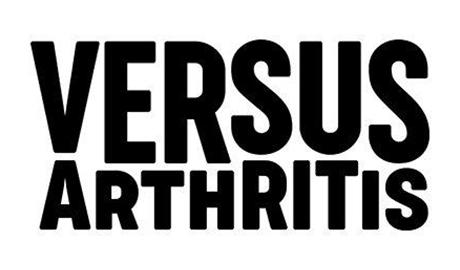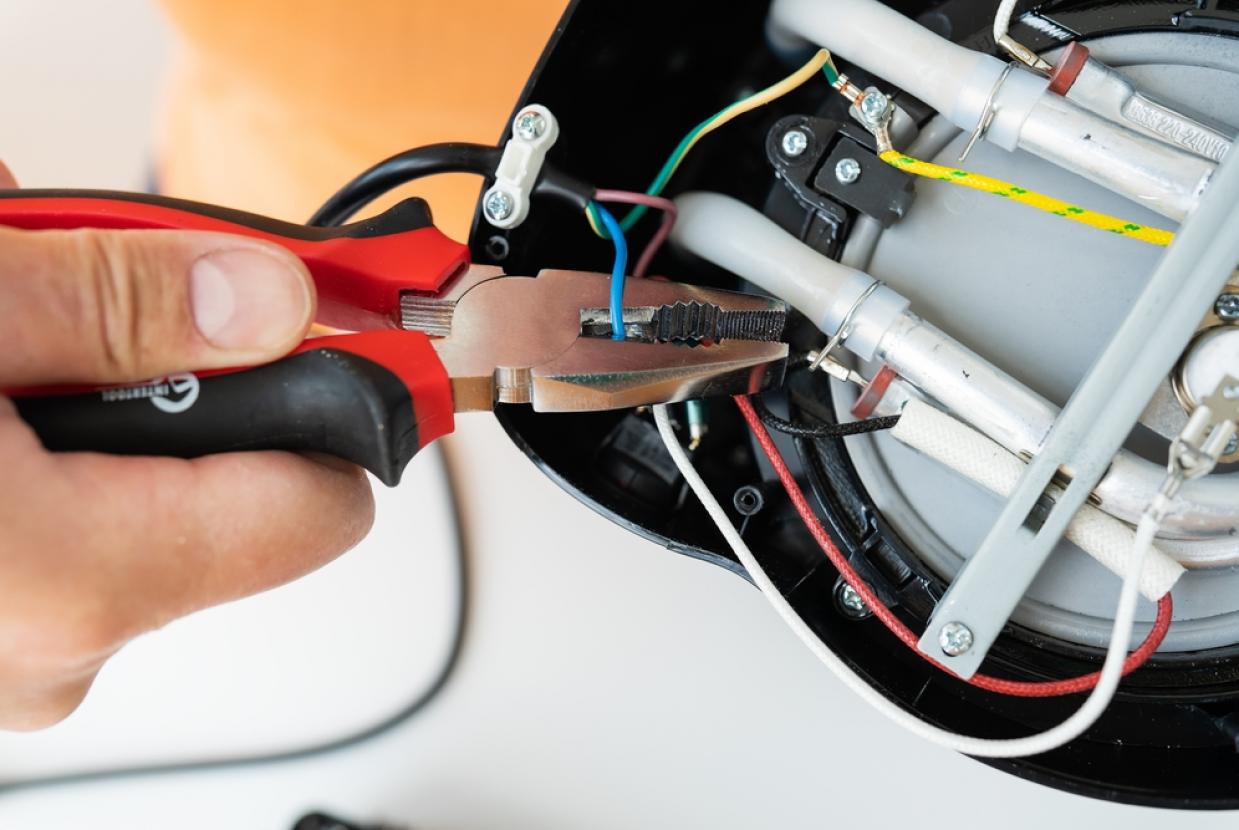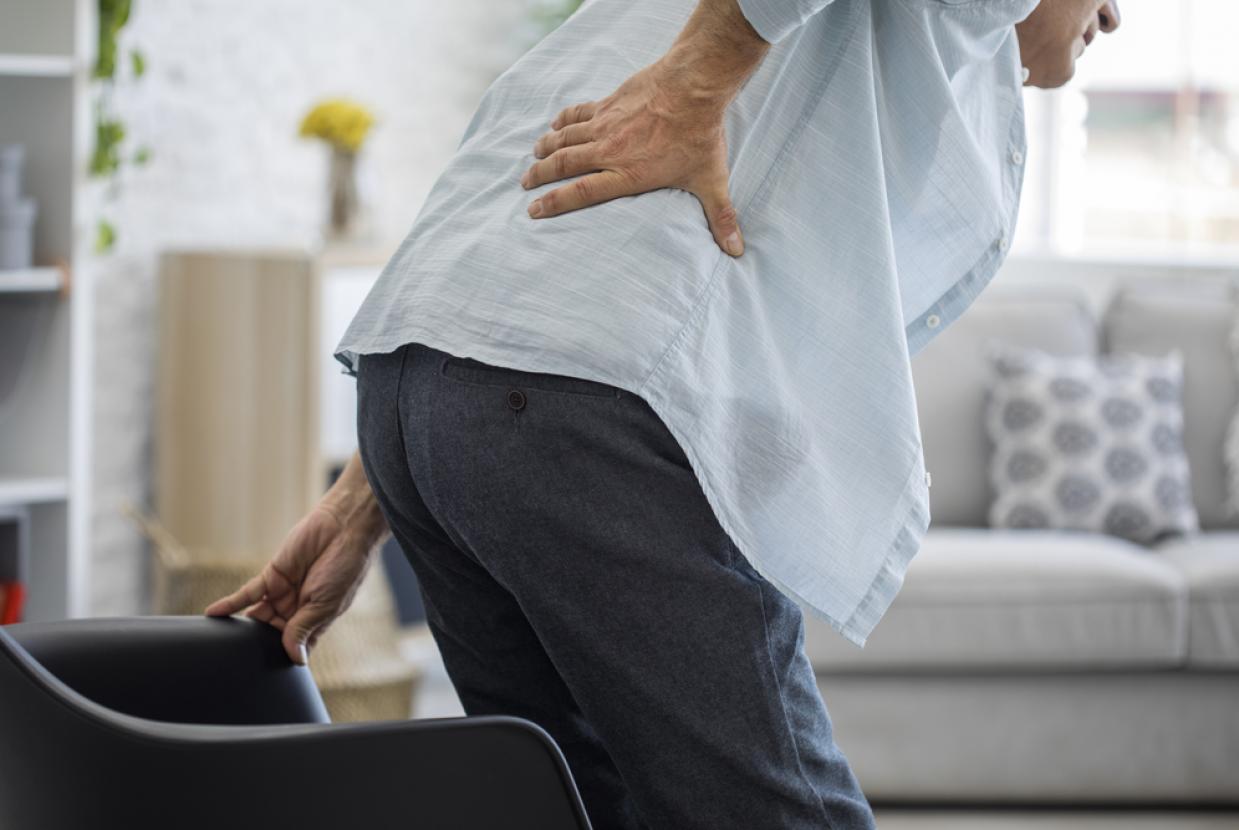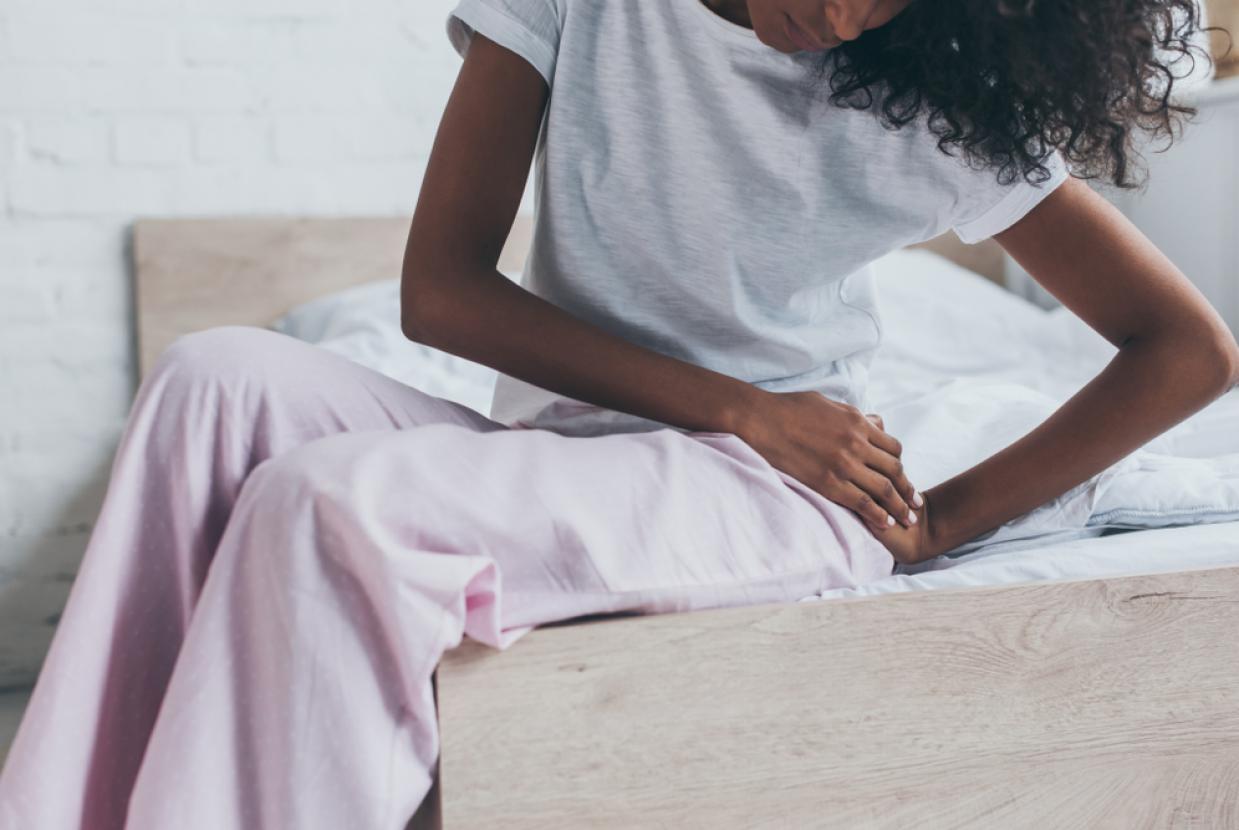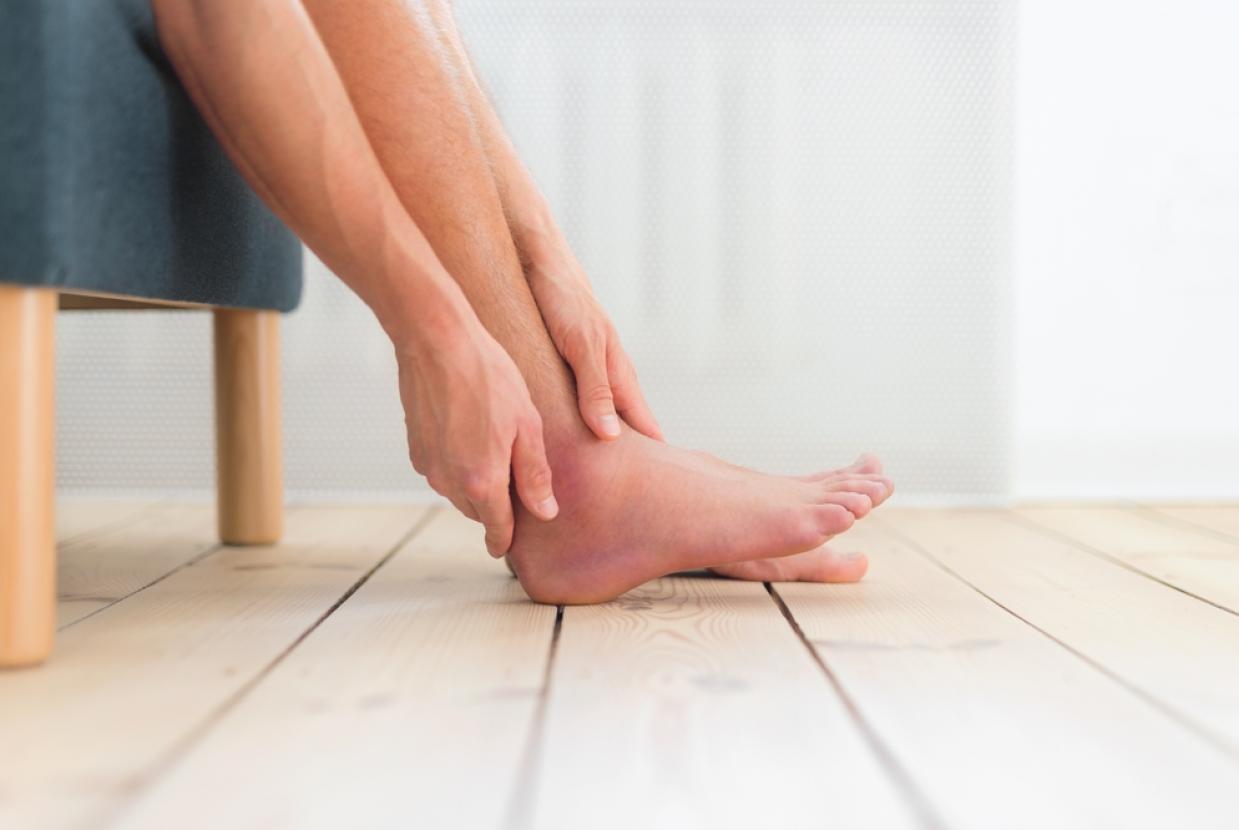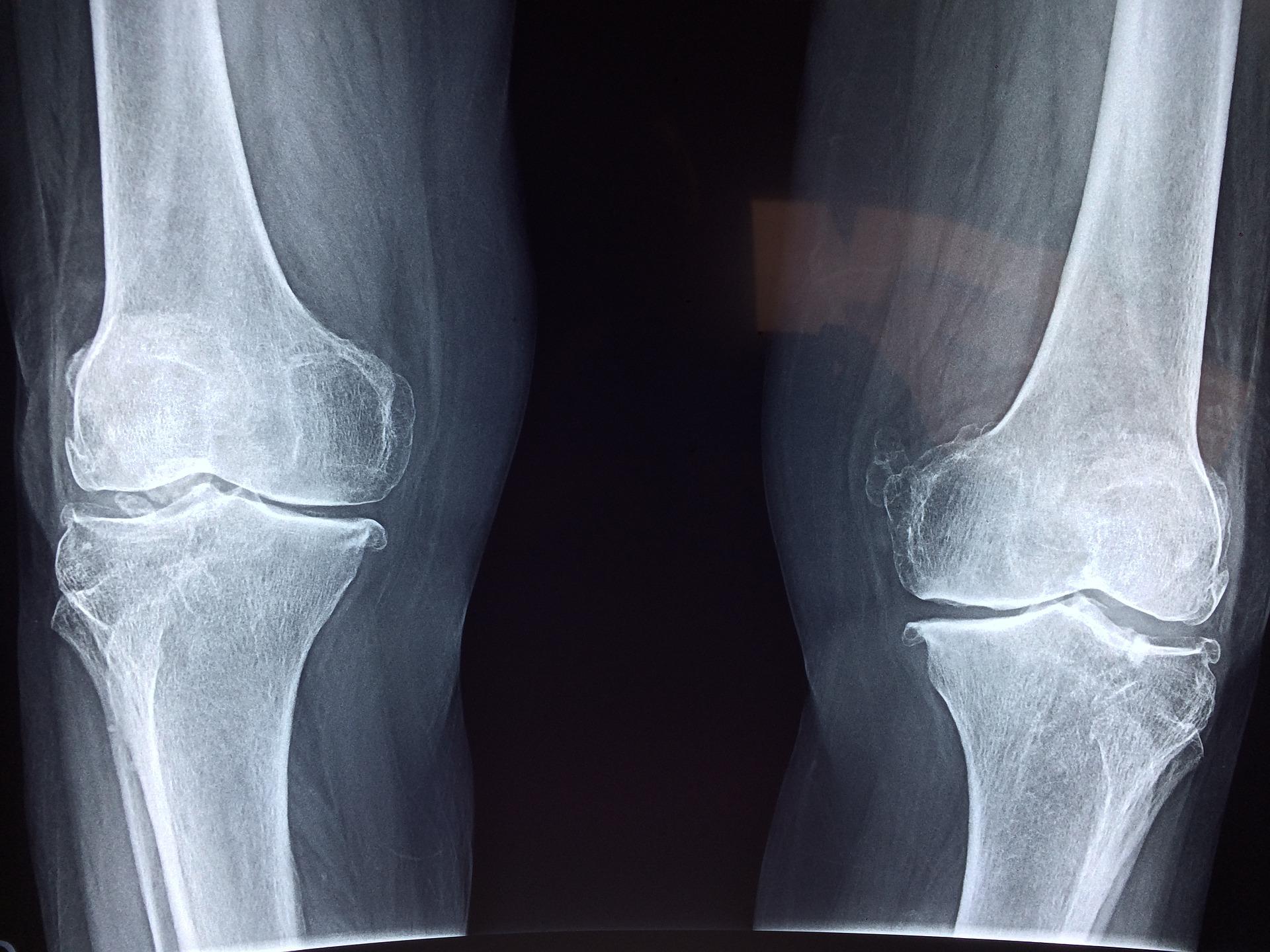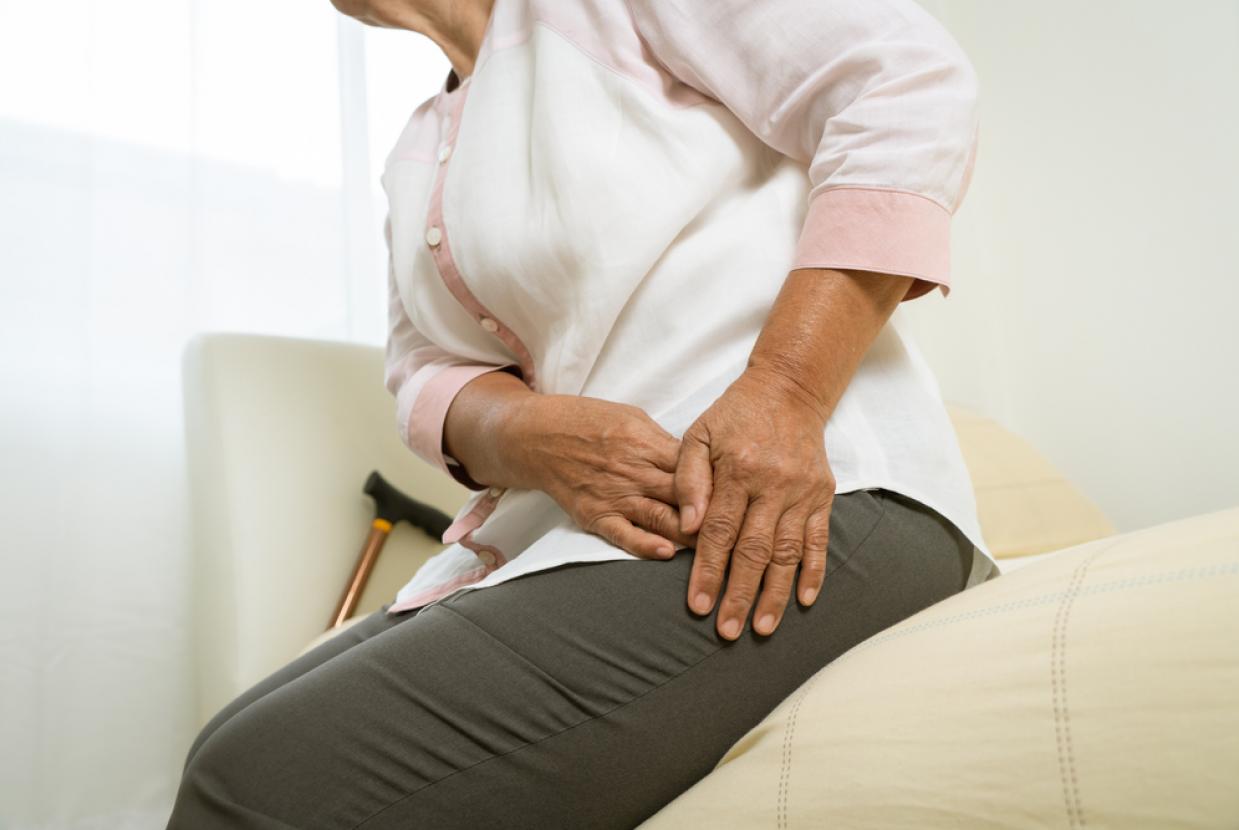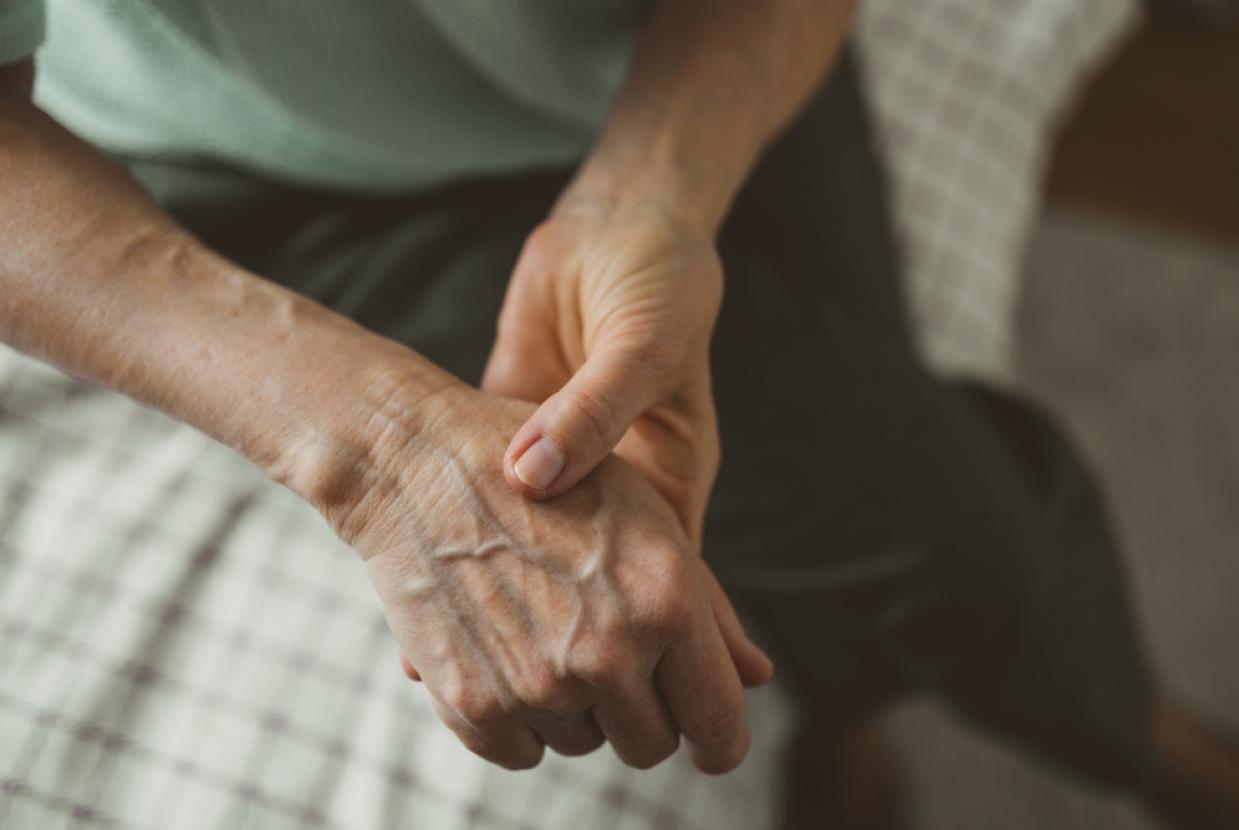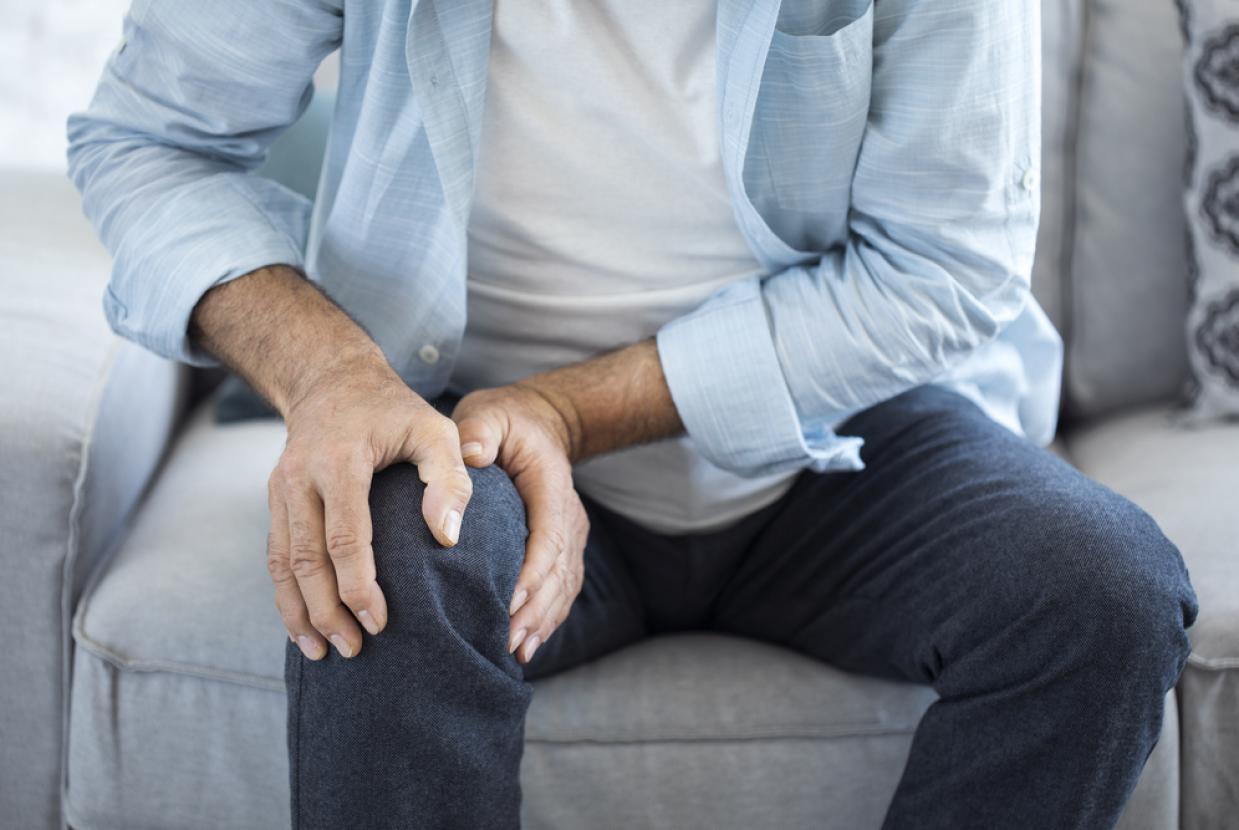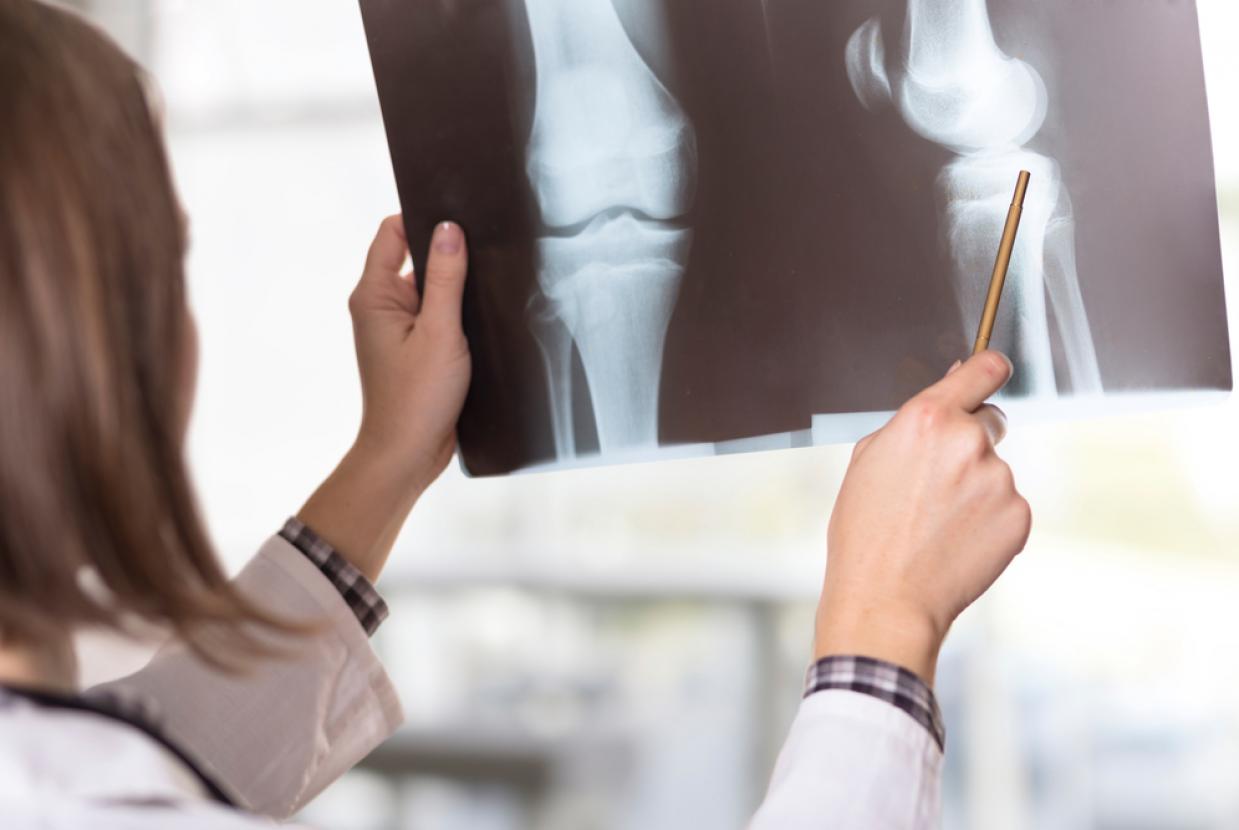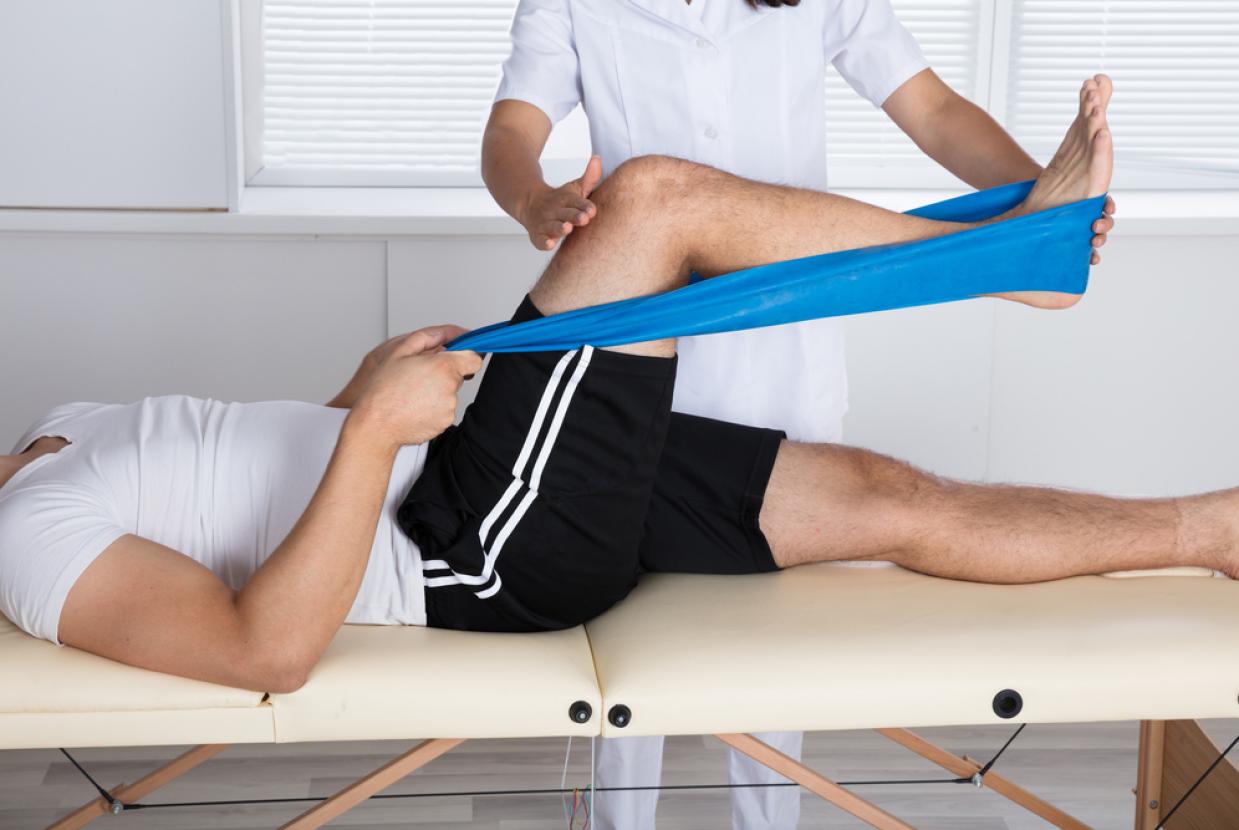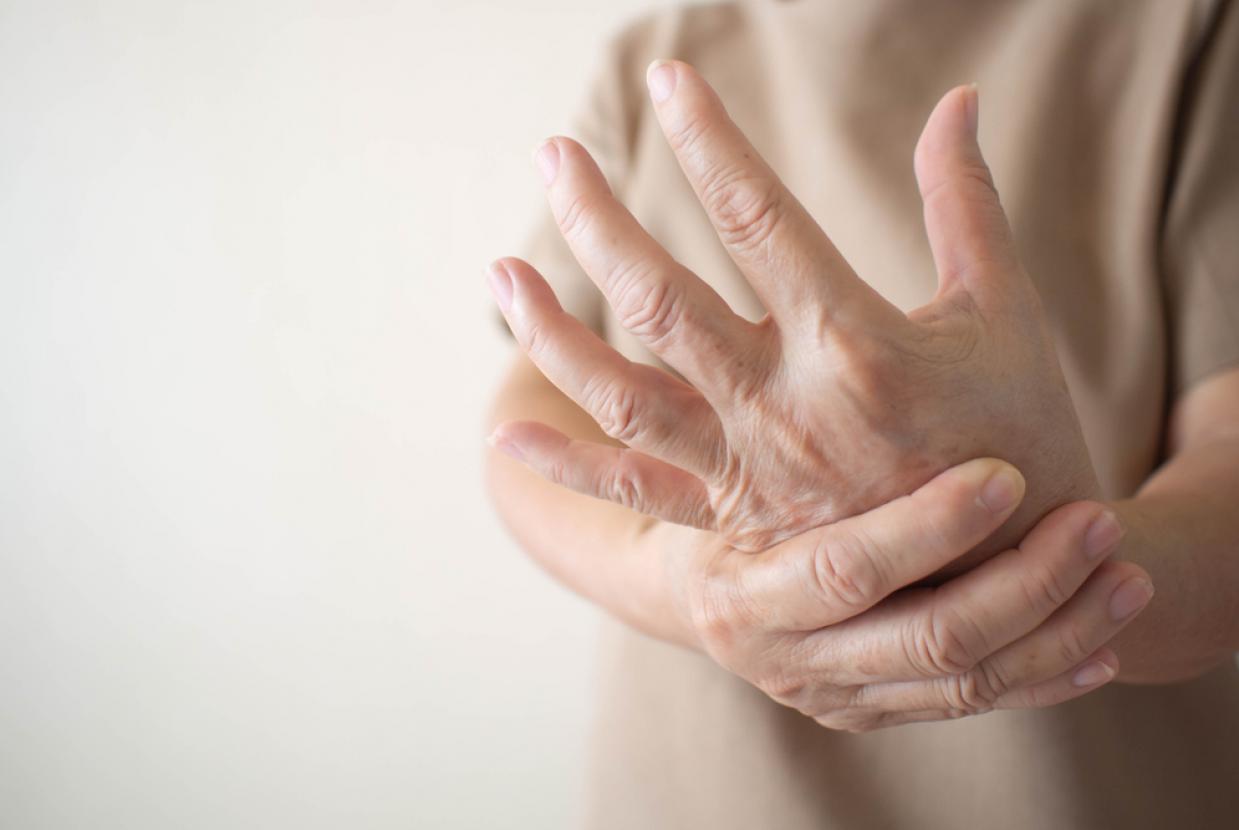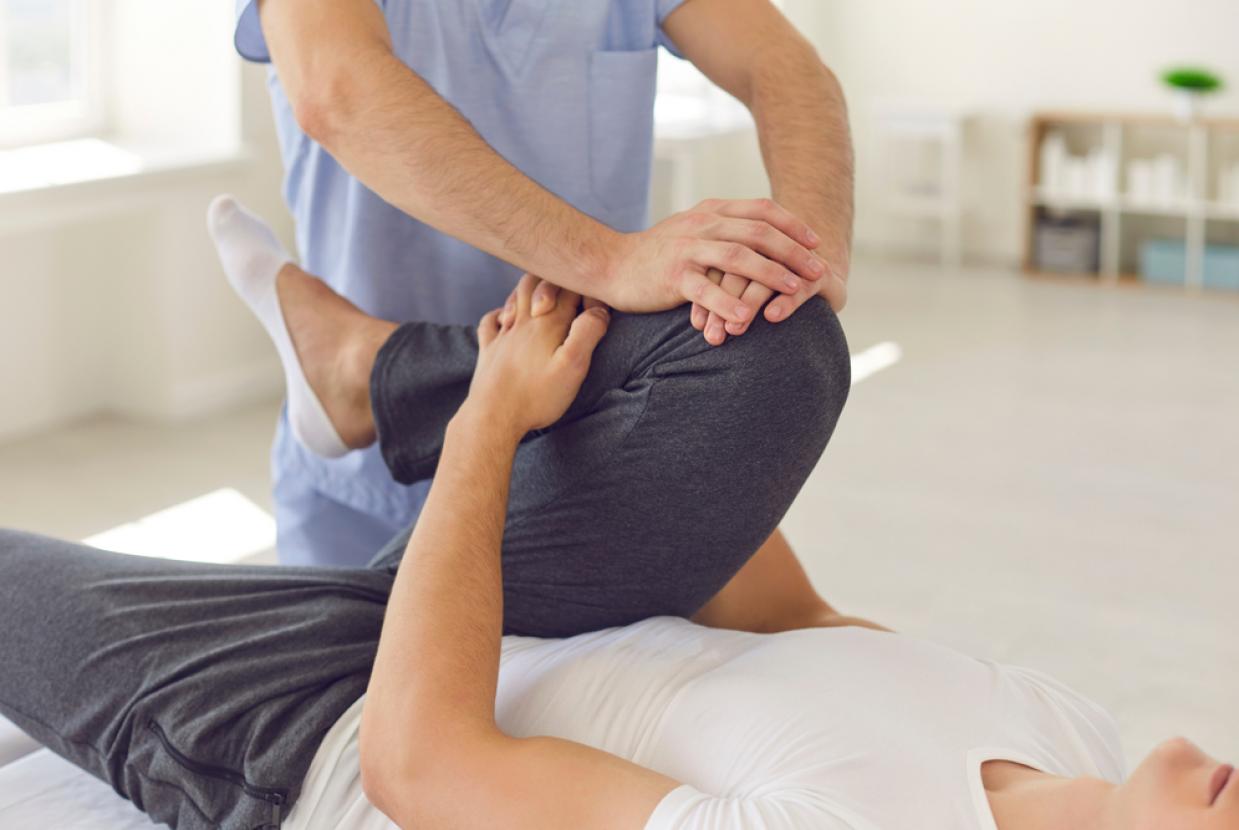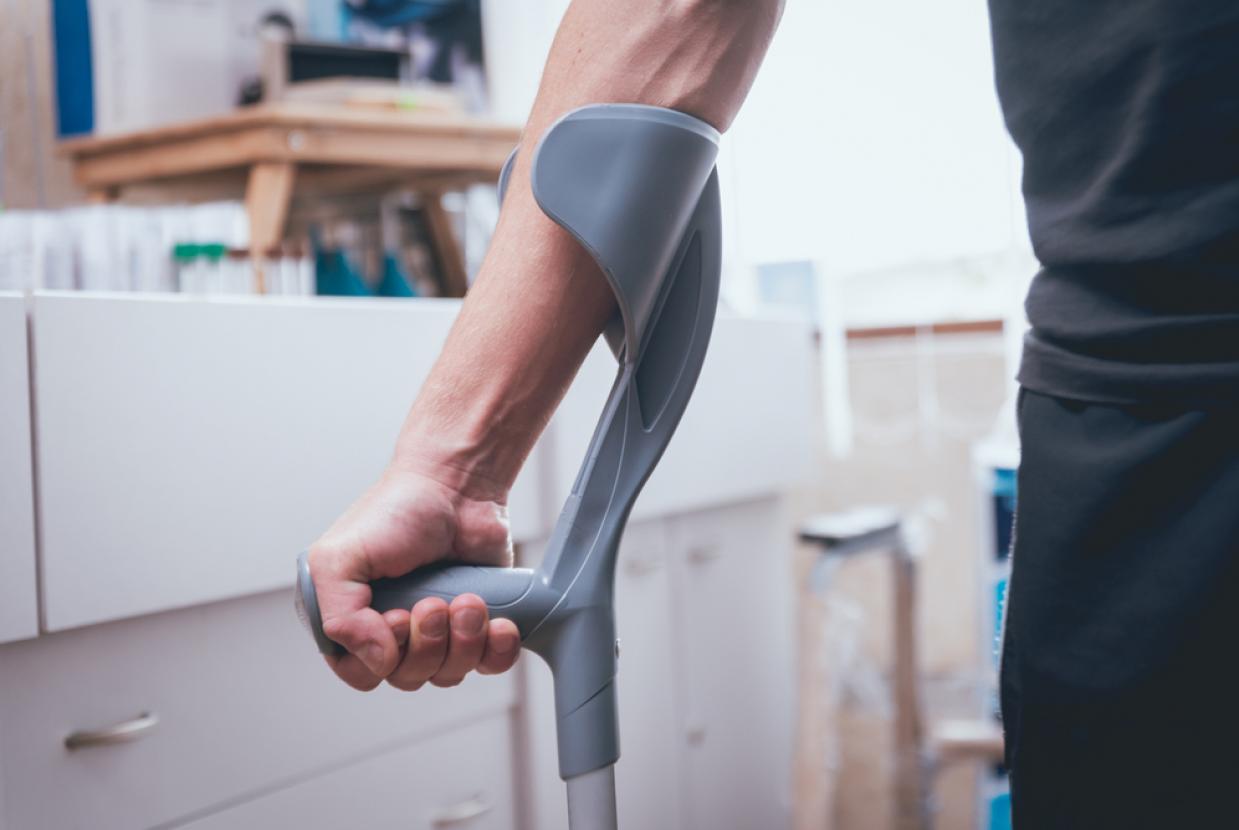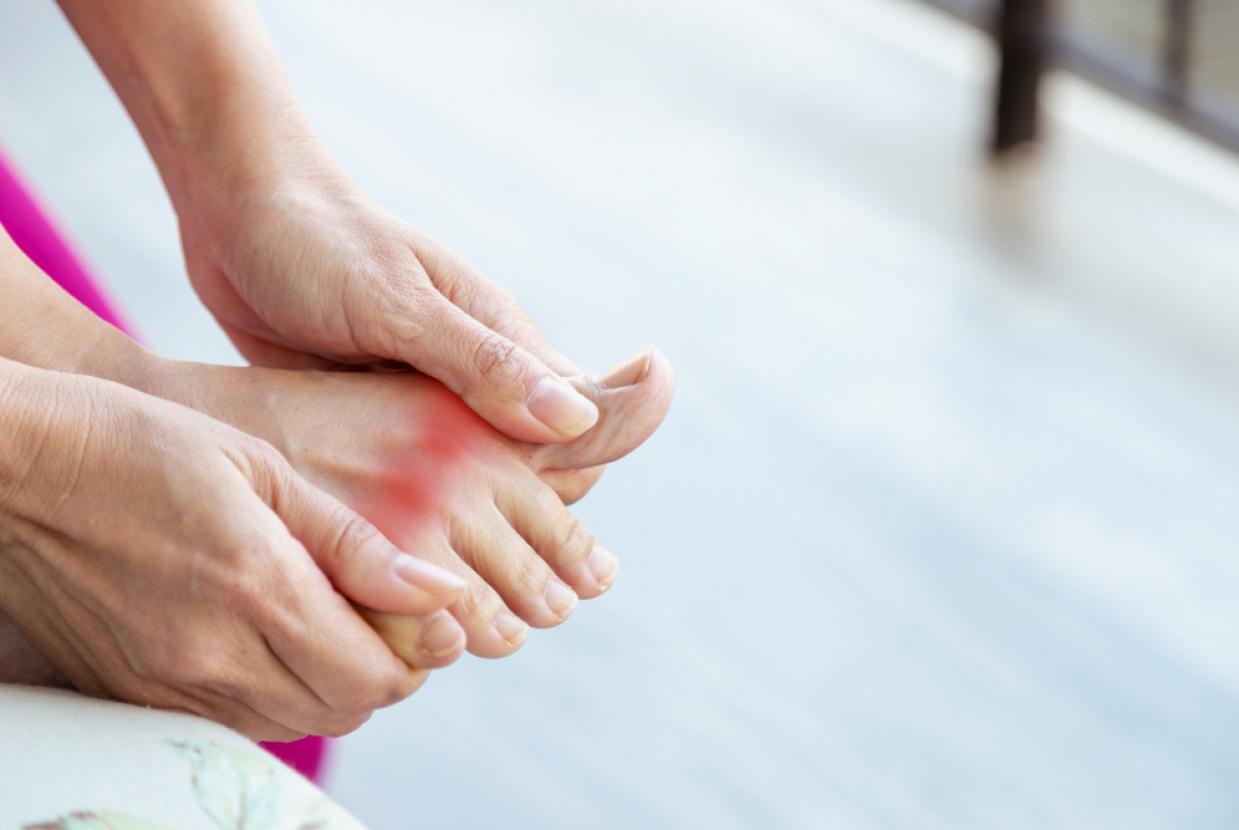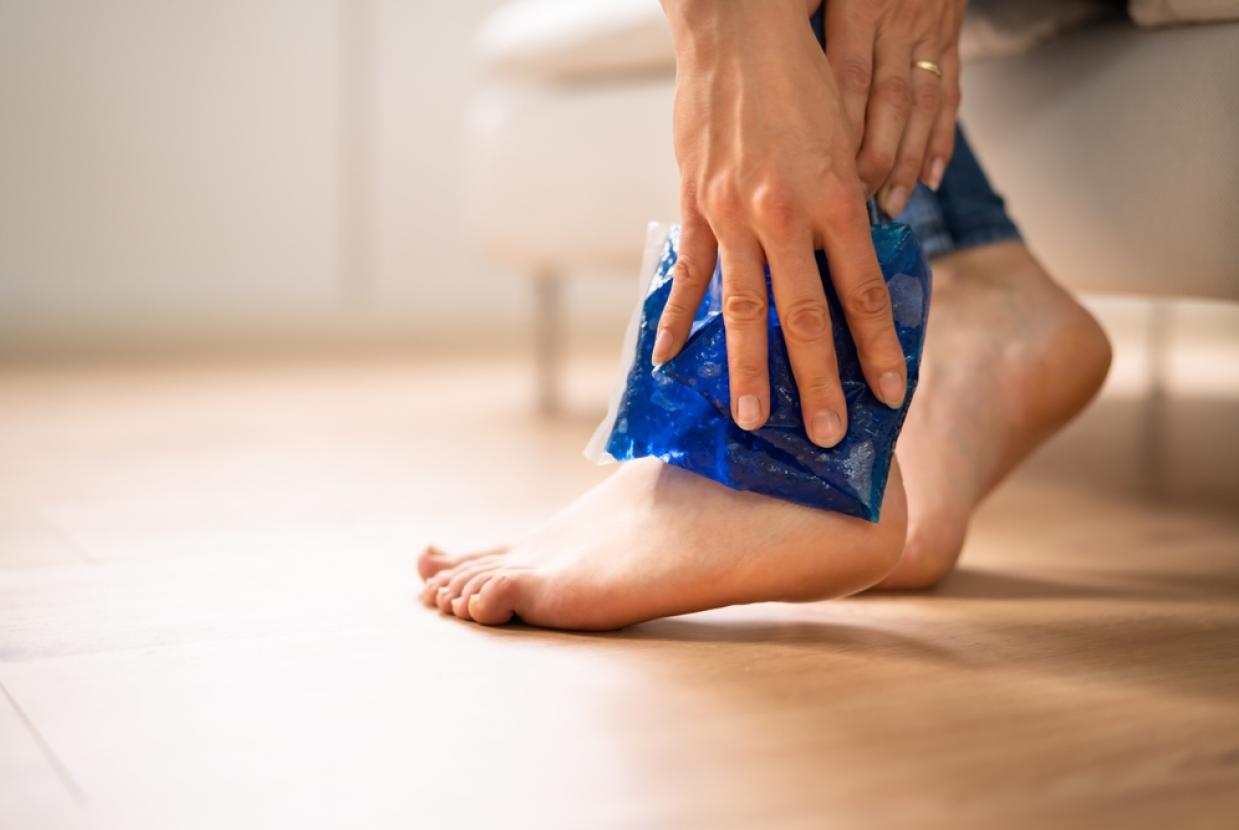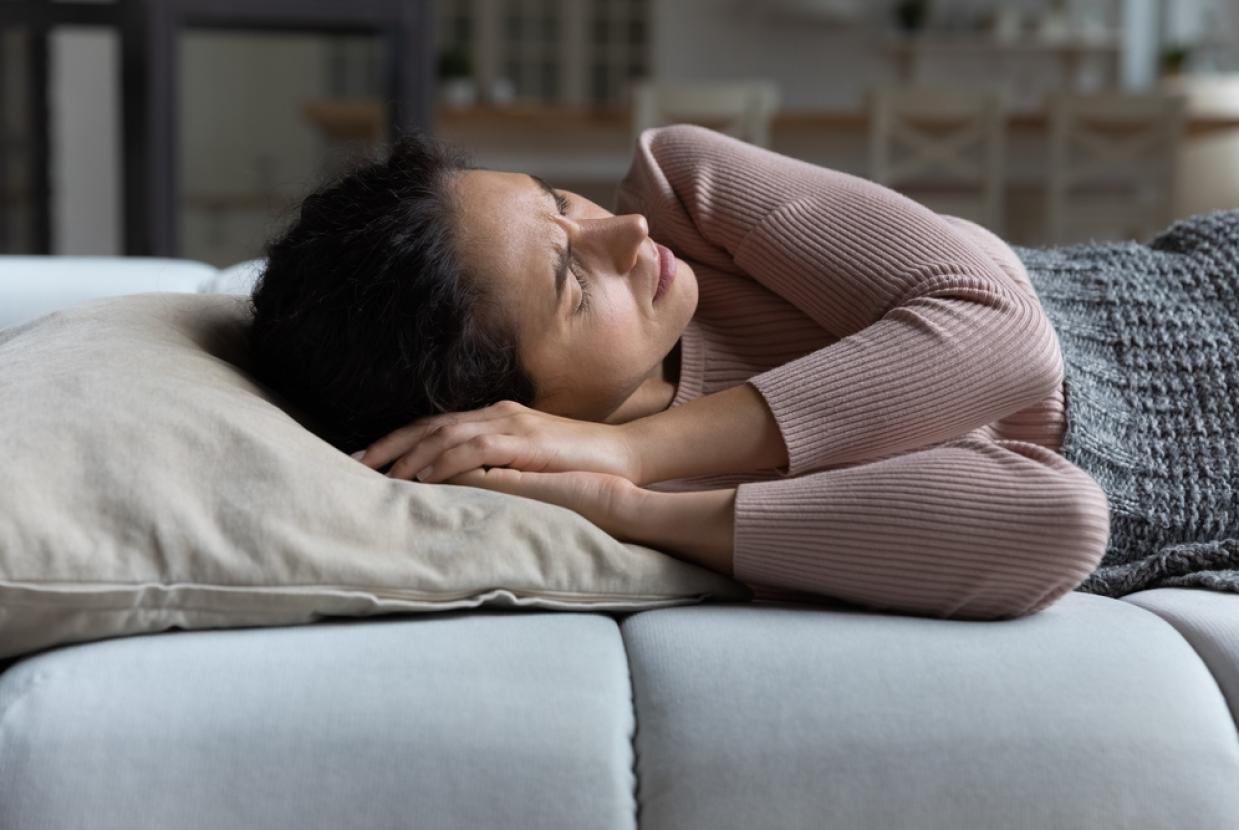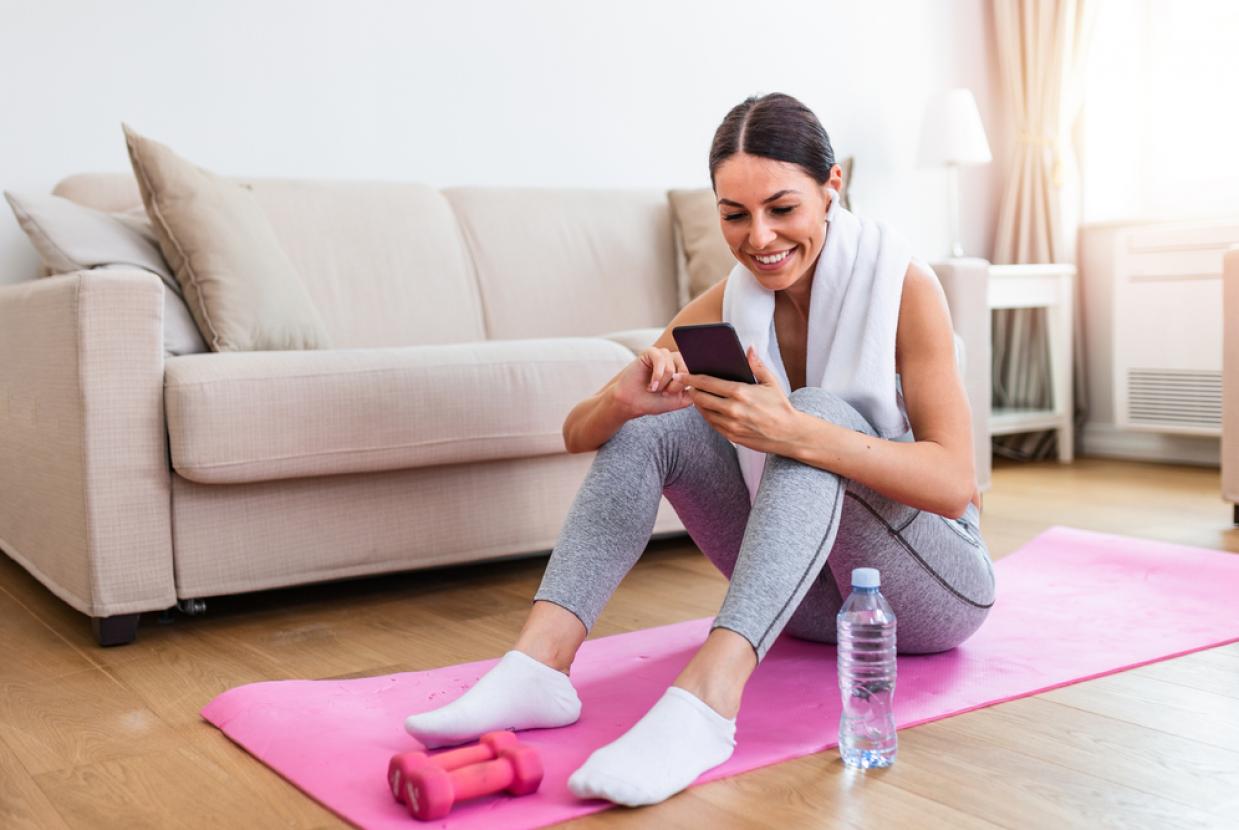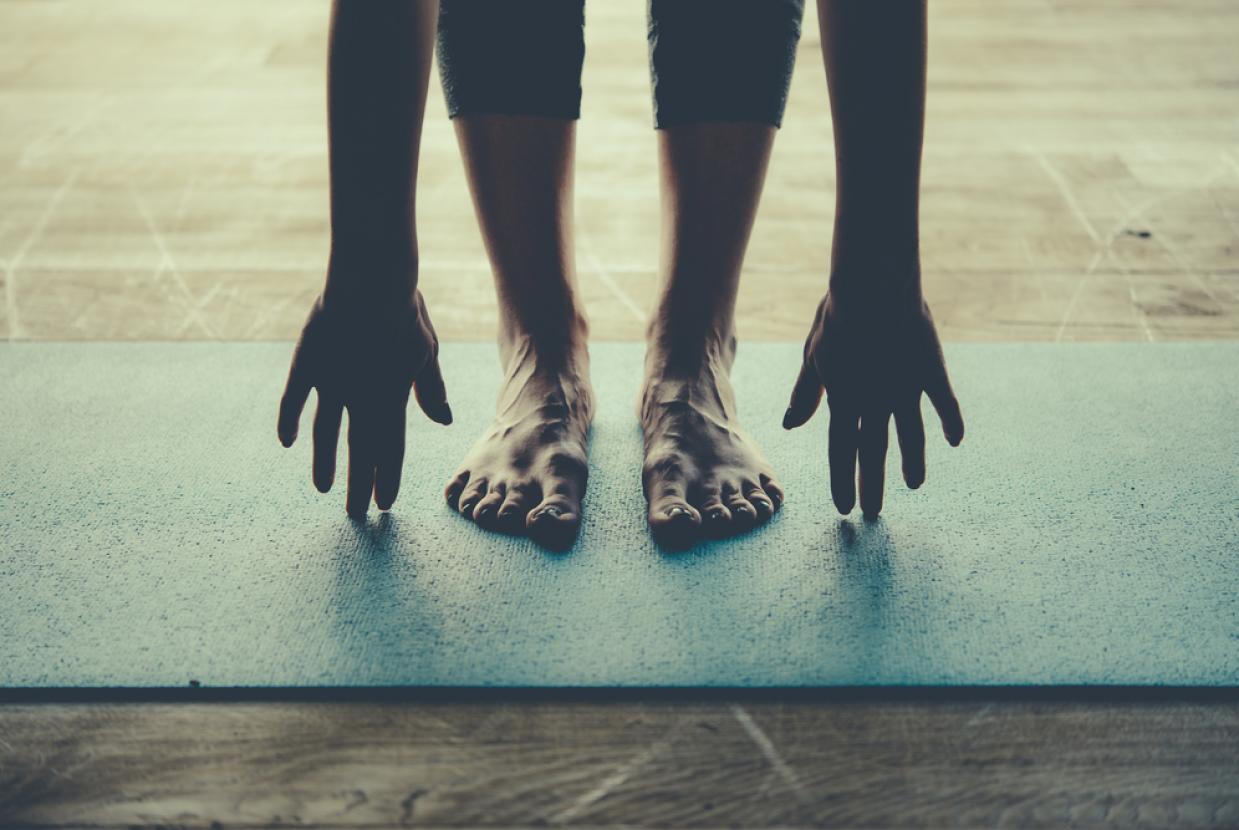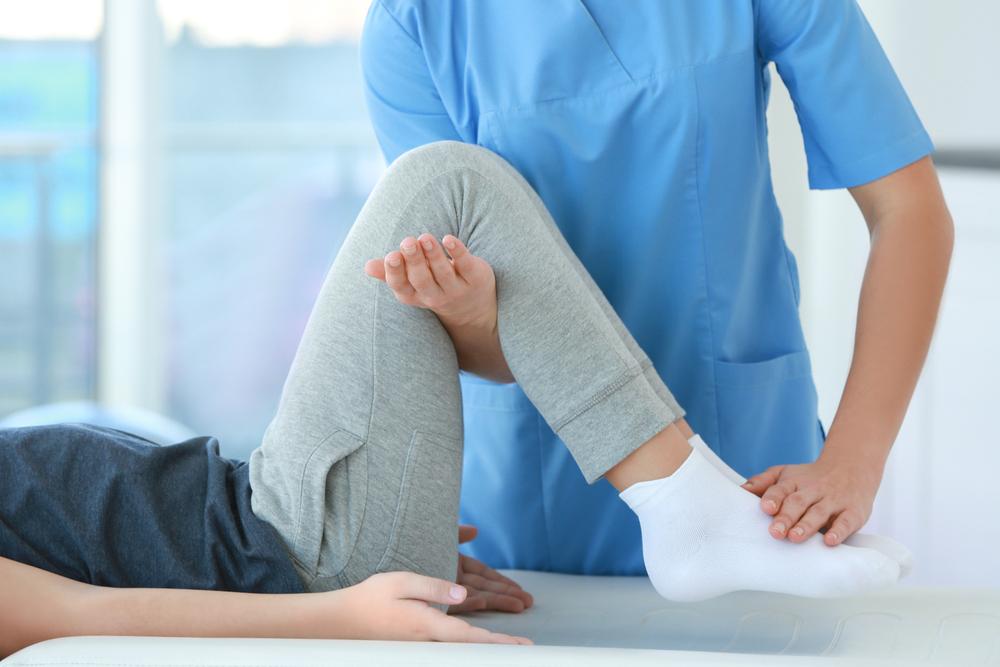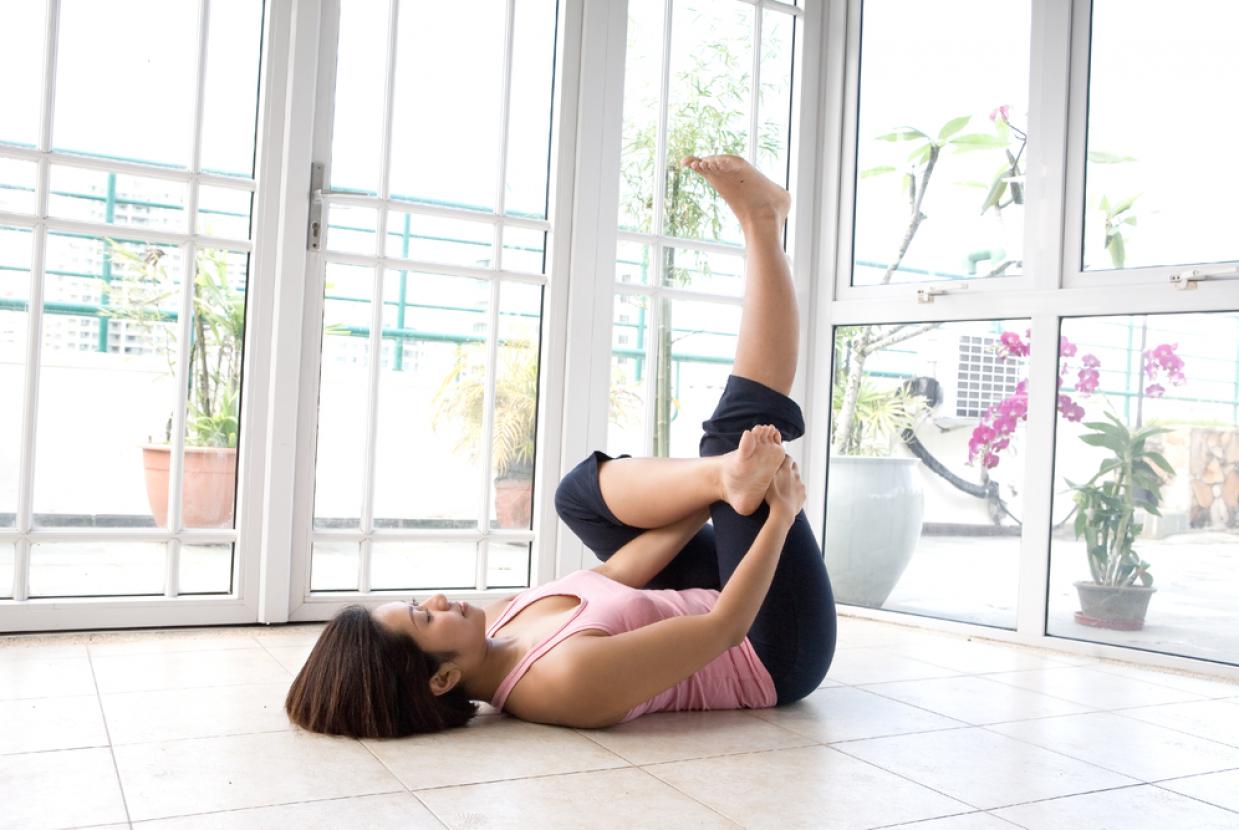Living With Arthritis: Top Tips For Good Sleep
Arthritis/Back Pain/Joint Pain / Sleeping BetterMost of us take a good night’s sleep for granted, but what if you have arthritis or a related condition and find it too painful to sleep? Here are some tips on how to get a peaceful sleep, so you wake up feeling more rested.
Sleep is important for everyone, but especially for people living with a long-term health condition, such as arthritis. But there’s the rub: painful conditions can affect sleep patterns, and lack of sleep can lower the body’s ability to cope with pain. The importance of sleep should not be taken lightly.
“As we sleep, tissue grows and repairs itself, and the immune system is strengthened,” explains Lisa Artis, sleep adviser for The Sleep Council.
“The brain also repairs itself, and sleep affects the levels of hormones and other chemicals in your body. Getting too little sleep disrupts all that.”
Long-term sleep deprivation has been linked to a number of serious health problems, such as heart disease, diabetes and stroke.
A survey by The Sleep Council found that 27 per cent of Britons experience poor-quality sleep on a regular basis – and 10 per cent of people said arthritis was the cause of poor sleep. There are no quick fixes for a good sleep, but there are several things that you can do to help get a more peaceful night.
Remember to speak to your doctor if you need help managing your pain during the night, or if you are regularly suffering from disturbed sleep.
Restful routine
Take the time to wind down and do a relaxing activity you enjoy. For example, a soak in the bath, yoga stretches, crafting, meditation or breathing exercises. Some people also find listening to sleep stories, using essential oils in a diffuser or pillow sprays helpful to help get to sleep.
“The key to getting a good night’s sleep is routine,” says Artis. A routine will signal to the brain that it’s time for sleep. Having a warm bath and doing gentle stretches or yoga can help prepare your body for bed, while reading and playing calming music will help you to unwind.
Artis also advises going to sleep and waking up at roughly the same time every day: “Your body and mind will feel much better for it."
Keep it dark
When it gets dark, our bodies release melatonin – the sleep hormone. It’s one of the ways our bodies know that it is time to rest.
Light, especially from screens, can block the release of melatonin, so avoid watching TV, or looking at a computer or phone, in the hour or so before bed. Blackout blinds or heavy curtains may help block out natural light, especially in the summer months.
Set the atmosphere
Try to keep it cool, quiet and clutter-free: avoid having a TV in your room and don’t let it become a dumping ground for the rest of the house.
Make yourself comfortable
There's a variety of ways to help make yourself more comfortable in bed.
For example:
- taking your pain medication about an hour before bed.
- having an electric blanket to warm the bed.
- using a hot water bottle
- trying a different type of mattress, mattress topper or memory foam pillows to give you better support where needed.
Write it down
If you start thinking about your ‘to do’ list or worrying about something the moment your head hits the pillow, then keep a notepad and pen in your bedside drawer and write down what is concerning you. “This helps to clear the mind, making it easier to concentrate on getting a good night’s sleep” says Artis.
Healthy living
Sometimes the old advice is the best: take regular, moderate exercise during the day (not too close to bedtime) and avoid eating a heavy meal or drinking caffeine and alcohol in the evenings. Try drinking herbal teas for an uncaffinated alternative, if you want a hot drink at night.
“Alcohol may help you fall asleep initially but will interrupt your sleep later on in the night and it robs us of one of our most satisfying types of sleep, where dreams occur,” Artis explains. “Plus you will wake dehydrated and needing the loo!”


